Snoring can result from a variety of factors, including the structure of your mouth and sinuses, lifestyle choices like drinking, allergies, colds, and even your weight. When you sleep, muscles in your upper palate, tongue, and throat relax. This relaxed tissue in the throat can partially obstruct your airway, causing vibrations. The narrower the airway becomes, the stronger the airflow, leading to louder snoring.
Risk Factors for Snoring
- Gender: Men are more prone to snore and develop sleep apnea than women.
- Weight: Overweight individuals are more likely to snore or suffer from obstructive sleep apnea.
- Alcohol Consumption: Alcohol relaxes throat muscles, increasing the risk of snoring.
- Narrowed Airway: Some people have longer soft palates or enlarged tonsils or adenoids, which can narrow the airway, increasing the risk of snoring.
- Nasal Problems: Structural defects like a deviated septum or chronic nasal congestion can elevate snoring risk.
- Family History: If snoring or sleep apnea runs in your family, you’re at a higher risk.
Lifestyle Changes That Can Help
- Reduce alcohol intake, especially before bedtime.
- Manage your weight. Losing weight can help decrease snoring.
- Medications like lorazepam, which relax muscles, can intensify snoring.
- Antihistamines can alleviate nasal congestion and reduce snoring.
- Nasal congestion can worsen snoring. If congested, consider rinsing your nose with saline before bed.
- Using a humidifier can help reduce nasal swelling and ease snoring.
- Sleeping on your side can help. Consider elevating your head slightly with pillows.
- While the evidence on smoking’s effect on snoring is limited, there are many health benefits to quitting.
Snoring Treatment Devices and Products
Many products claim to relieve snoring, but few are backed by rigorous scientific research.
1. Anti-snoring Dental Devices
A potential effective method is using an anti-snoring dental device. The American Sleep Association recommends the SnoreRx brand. Their video explains how relaxed muscles at the back of the tongue can restrict airflow during sleep. The device slightly advances the jaw and tongue (adjustable) to open the airway and reduce snoring.
Custom dental devices can be costly, reaching up to $1,000 or more. Off-the-shelf options are more affordable but might not be as comfortable. A well-designed brand like SnoreRx:
- Features “Micro Fit” technology for fine-tuning.
- The “Thermal-Matrix” design molds to your teeth without any metal components.
- “Posi Lock” locks in adjustments, even after disassembly and cleaning.
SnoreRx Adjustment Diagram
Below is a comparison of SnoreRx features with other popular brands.
| SnoreRx | ZQuiet | Zyppah | Pure Sleep | GMSS | |
|---|---|---|---|---|---|
| Adjustable in 1mm increments | |||||
| Change settings anytime, no tools needed | |||||
| Heat-molded design, lightweight material, more comfort | |||||
| Built-in calibrator for clear view of settings | |||||
| Prevents consistent pressure, avoiding jaw pain and tendonitis | |||||
| Dental-lab quality with advanced safety features | |||||
| Price* | $59.99 | $39.95 | $99.95 | $53.96 | $99.95 |
*Prices are for basic models; data current as of writing.
2,300+ Reviews
SnoreRx Anti-Snoring Device
$59.99 / $99.99 at SnoreRx.com
SnoreRx recently launched a “SnoreRx Plus” enhanced version, offering the classic SnoreRx at a discounted price. The main difference is the adjustable range of the Plus version.
2. Nasal Strips
Affordable and safe, nasal strips like Breathe Right can be applied before sleep to help open nasal passages. Some small studies suggest they can relieve snoring.
30 count|Brown | 44 count|Clear |
3. Nasal Plugs
Nasal plugs can be inserted before sleeping to maintain an open airway, but some people might find them uncomfortable.

Comezy $9.99 at Amazon
Mobi Lock $9.99 at Amazon
Minimally Invasive Surgeries
Consider the simple measures above. If they don’t help, consult a doctor about surgical options. Possible procedures include:
- Laser-Assisted Uvulopalatoplasty (LAUP): Shortening the uvula using a laser and making a small cut in the soft palate, causing scar tissue to form.
- Palatal Implants: Small plastic tubes are implanted in the soft palate to support it and keep the airway open.
- Somnoplasty: Radiofrequency energy is used to ablate tissue causing vibrations during snoring. The quick and bloodless procedure might need multiple sessions for desired results.
Disclosure: We are an Amazon Associate. Some links on this website are affiliate links, which means we may earn a commission or receive a referral fee when you sign up or make a purchase through those links.
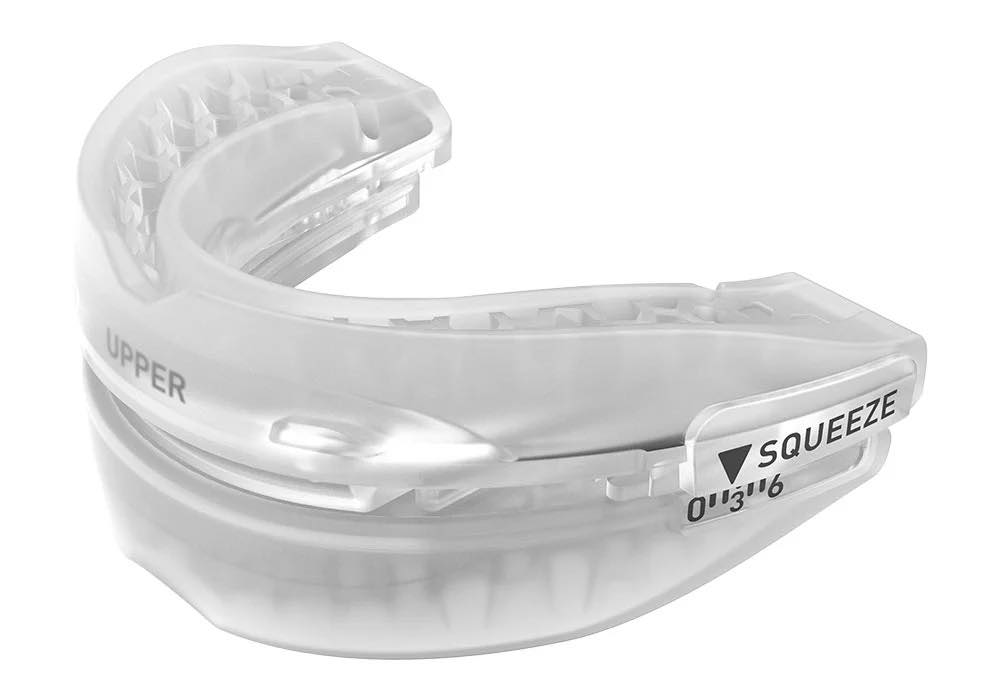
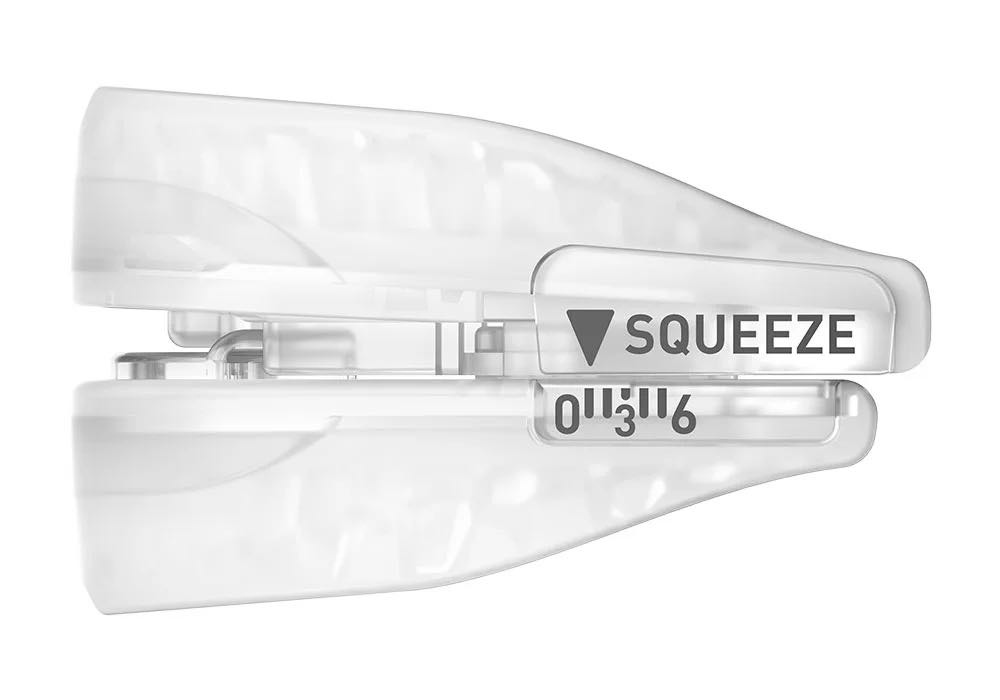
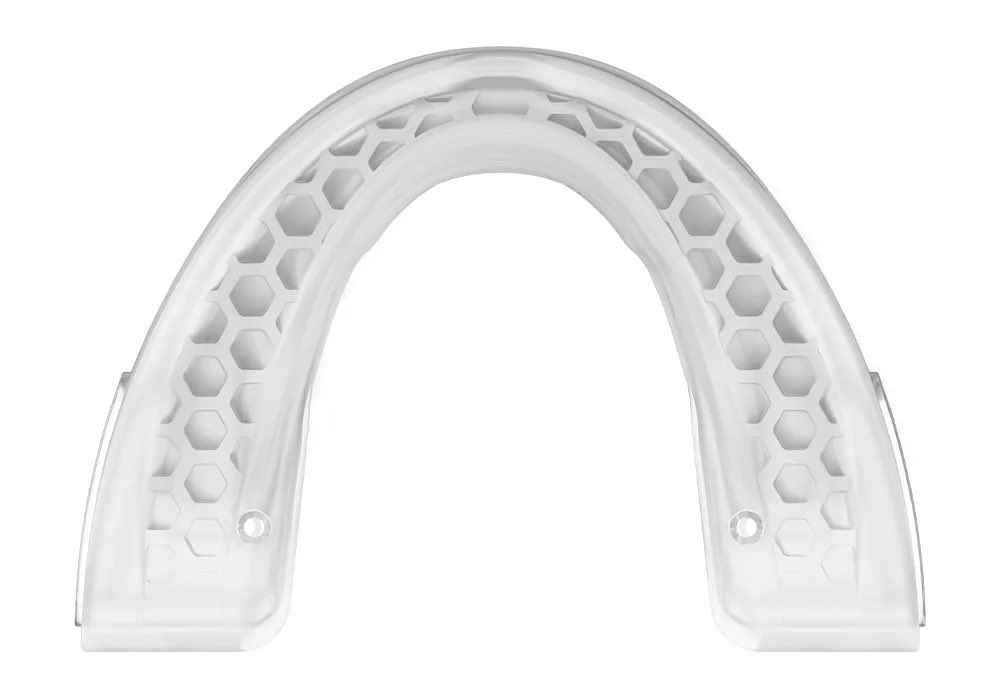
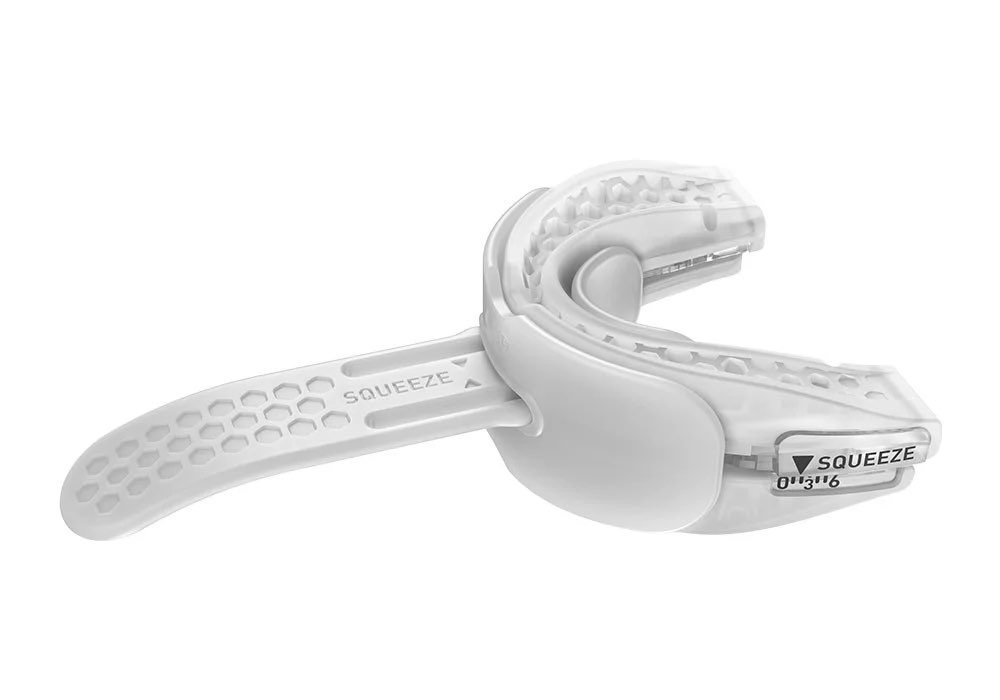


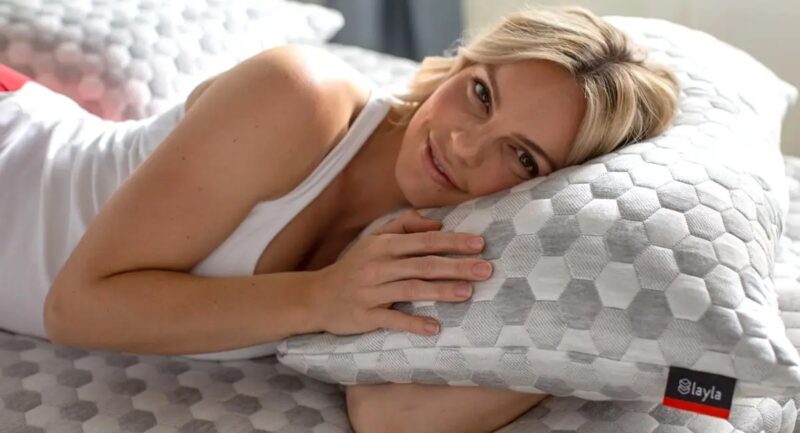




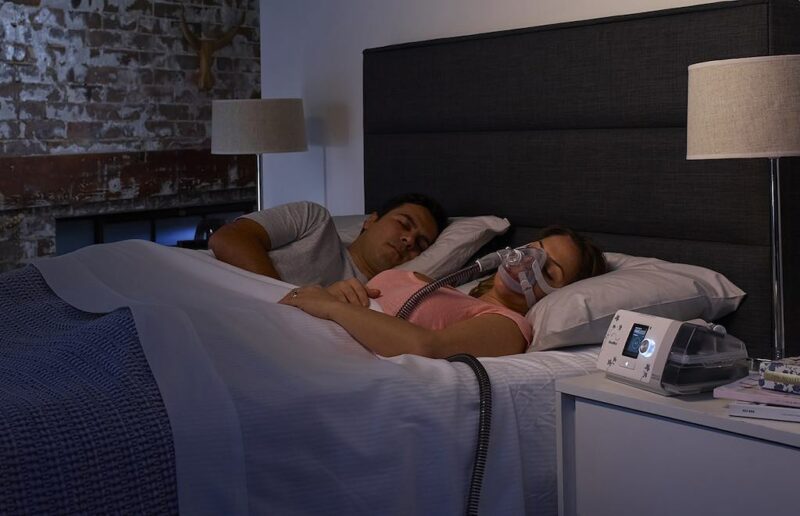
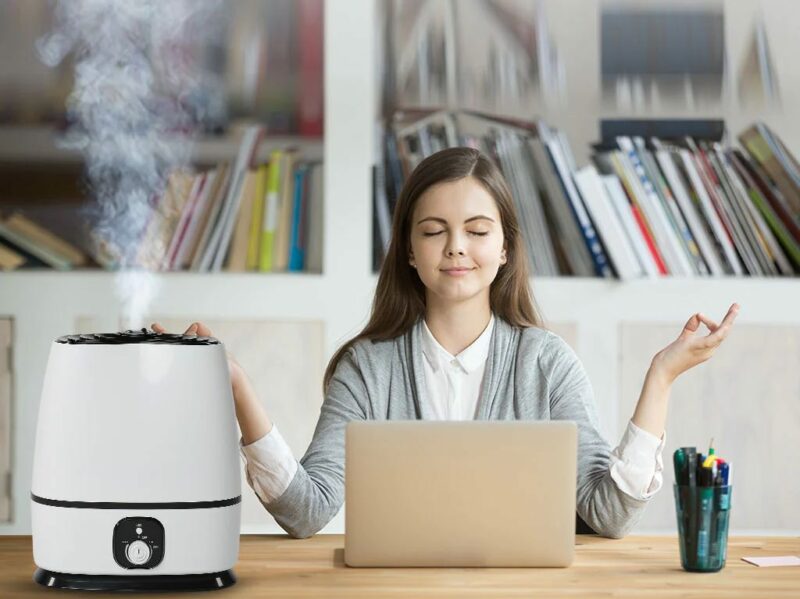





Leave a Reply